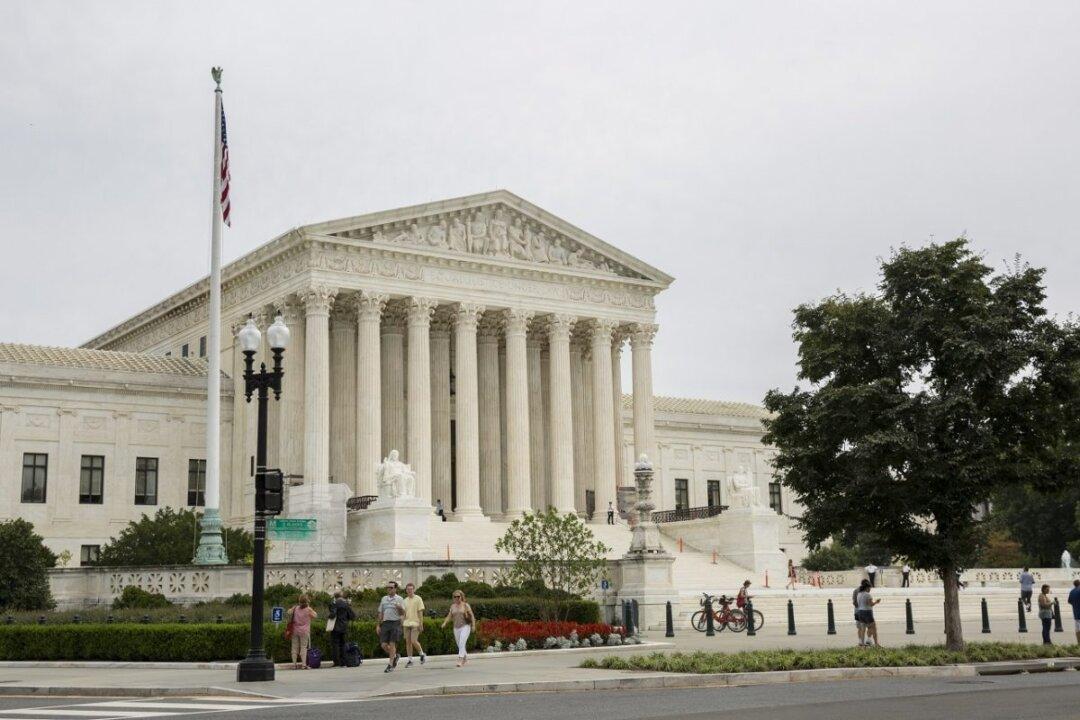A divided Supreme Court threw out a lawsuit by Republican lawmakers in Virginia challenging redrawn state legislative districts they claim were racially gerrymandered to benefit Democrats.
The decision could help Virginia Democrats in the election this fall. All 140 seats in the General Assembly are on the ballot for Nov. 5. Currently, Republicans maintain thin majorities in both chambers—51 to 49 in the House of Delegates and 21 to 19 in the Senate. Whichever party controls the General Assembly in 2021 will oversee the statewide redistricting process that will follow the 2020 census.





